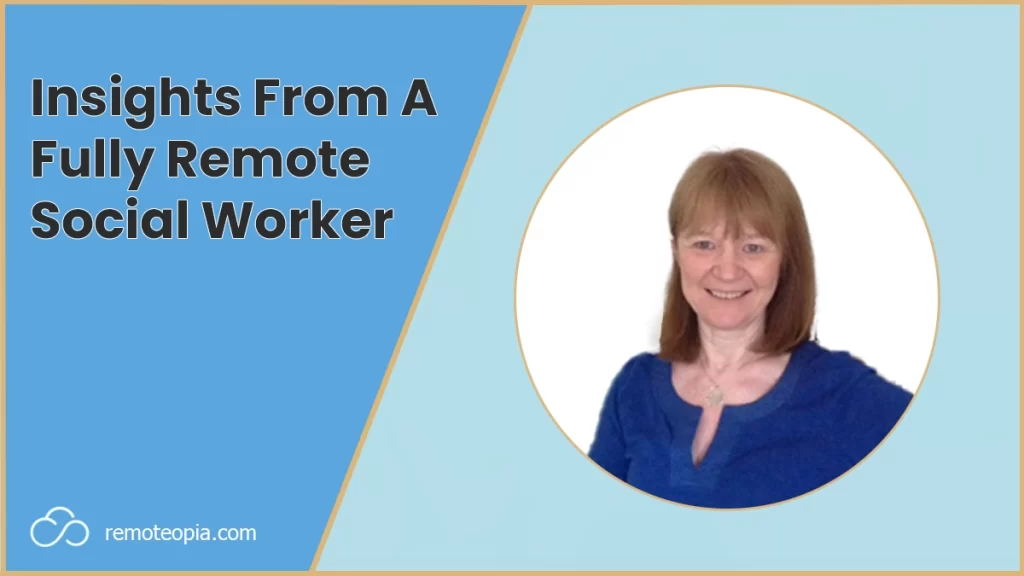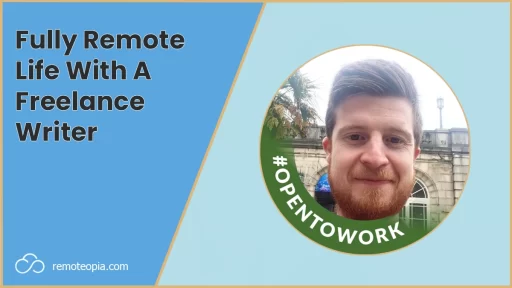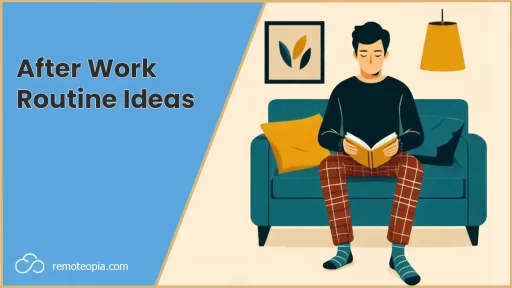
Susan Brookman has been working remotely since 1996 as an Independent Social Worker for her own limited company.
In this edition of Perspectives, she shares her insights and tips after nearly 30 years of remote work life.
What is your job title and what does your job involve?
Independent Social Worker. (ISW) I carry out assessments in complex family cases. I am usually instructed by parties involved in matters before the family courts. I also quality assure the reports of other ISWs before they are filed at court.and support ISWs who are new to the work by mentoring them during their initial cases.
What is your current working structure?
I am approaching retirement and currently work approximately 7 hours per week. I am fully remote. I undertake assessments in the community or use space in local authority or solicitors’ offices but spend most of my working time in my home office.
Up until 2016 I worked full time hours gradually reducing to the current level in the intervening years.
How long have you been working remote/hybrid?
I have been self-employed and working from home since 1996.
What tips would you give to stay productive when working remotely?
- Have a structure to your day with regular start and finish times.
- Have regular breaks to include food, coffee etc.
- Weekly and daily lists of things to do and tick them off.
- Start with the most challenging task – “Eat the Frog”.
- Break large pieces of work, for me report writing, into manageable chunks.
- Identify the number of hours a large piece of work should take and tick off each hour once achieved.
- Resist doing household chores, or anything not work related, as a distraction. Cleaning the bins always feels very appealing when I have to start a report.
How do you stay motivated working from home?
I don’t always stay motivated but find working for fewer hours at a time keeps me more focused. Sharing with colleagues – either informally with a phone chat if I’m stuck/ or more formally in Zoom meetings with colleagues who are doing the same work.
What’s your current remote work setup?
I have a separate very small office within my home which is exclusively for work. It provides a quiet, private space in which I can focus completely on my work without the noise/ distractions in the rest of the house. It helps maintain a boundary between work and home i.e. when I am in there I am planning to work, and I leave the room and shut the door when work is finished.
What does your typical remote workday look like?
No two workdays are the same and because of the nature of my work I have to be flexible and available at different times, including at weekends. When I was working longer hours, I aimed to start work by 10 am – I’d always eat breakfast beforehand and sometimes did a bit of exercise – a run or go to the gym. I often ended up working late into the night in order to get a report completed for court – not great for my well-being but it was often easier to focus then.
What tips would you generally give when working remotely?
The Pomodoro method always helped me to focus with particularly challenging written work. This involves working for 25 minutes then taking a break for 5 minutes x4 followed by a longer break.
What does your company/do you do to facilitate a better work-life balance?
I am self-employed so have to manage this myself. One company for whom I do consulting work sets up quarterly meetings for their self-employed contractors undertaking similar roles. We use this to share views, tips etc about working remotely as well as sharing professional issues.
What do you think the future of remote work looks like?
I expect it to settle down to more of a hybrid model for most organisations following the “forced” boom brought about by Covid. I think ZOOM and remote interactions are great for many circumstances but not appropriate for the type of interactions needed in certain public facing professions such as my own when observation, body language etc are crucial.




